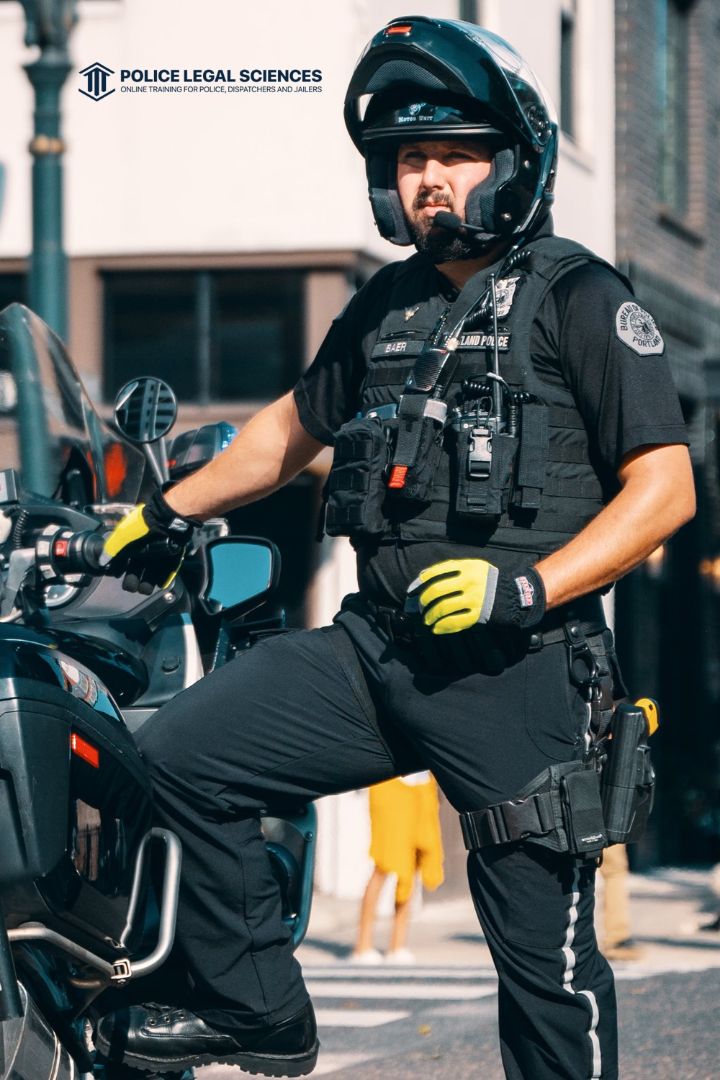business-services

July 19,2025 • 3 min read
Advancing Public Safety: The Importance of Law Enforcement Training

Introduction
Law enforcement officers hold a vital position in society, tasked with maintaining order, protecting citizens, and upholding the law. To perform their duties effectively and ethically, comprehensive and ongoing training is essential. Law Enforcement Training goes far beyond basic policing—it encompasses legal education, physical readiness, psychological resilience, de-escalation tactics, and cultural awareness. In today's rapidly evolving world, where public scrutiny and complex challenges are ever-present, high-quality training is not optional—it is essential.
The Foundations of Law Enforcement Training
Every law enforcement officer begins their career with foundational training, typically provided through police academies. These institutions offer structured programs that span from several weeks to several months, depending on regional standards. Core components include:
-
Criminal and Constitutional Law : Understanding citizens' rights and the legal boundaries of policing.
-
Defensive Tactics and Firearms : Ensuring officers are proficient in non-lethal and lethal force options.
-
First Aid and CPR : Preparing officers to respond to medical emergencies.
-
Physical Conditioning : Developing the stamina and strength needed for demanding tasks.
While these fundamentals are crucial, modern policing requires far more nuanced skills.
Modern Challenges Demand Modern Training
Contemporary law enforcement faces challenges that differ significantly from those of past decades. Rising concerns over police misconduct, mental health crises, cybercrime, and terrorism require a broader and more informed approach to training.
De-escalation and Crisis Intervention
Officers are increasingly called to respond to situations involving mental health episodes, domestic disputes, and community protests. Training in de-escalation techniques and crisis intervention helps officers resolve incidents peacefully, reducing the use of force and building public trust.
Programs like Crisis Intervention Training (CIT) have proven effective in preparing officers to recognize signs of mental illness and communicate in ways that prevent escalation. By learning to slow down confrontations and use communication as a tool, officers can achieve safer outcomes for all parties involved.
Cultural Competency and Bias Awareness
In diverse societies, officers must be equipped to interact respectfully and fairly with individuals from all backgrounds. Cultural competency training helps law enforcement understand and address implicit biases that can affect decision-making. It also educates officers about the communities they serve, fostering stronger relationships and enhancing public cooperation.
Ethics and Accountability
The credibility of any law enforcement agency depends on the ethical behavior of its personnel. Training in professional ethics, integrity, and accountability is essential. Officers must be taught to recognize and resist unethical beh
T
Technological advancements have revolutionized law enforcement training. Sim, inc
Body-woand dashcam recordings are also used as educational resources, helping officers learn from both exemplary and flawed interactions. Data-driven analysis of such footage supports continuous improvement and performance evaluation.
Continuing Education and Lifelong Learning
Training should not end after the academy. Law enforcement is a career of lifelong learning. Departments must provide ongoing education through:
-
Annual re-certifications for weapons and use-of-force techniques.
-
Workshops and seminars on emerging threats like cybercrime and drug epidemics.
-
Leadership development programs to prepare officers for supervisory roles.
By embracing continuous learning, departments ensure that th
Common
An important trend in law enforcement training is community. Po
Conclusion
Law enforcement training is a cornerstone of public safety. In a world marked by complexity and change, training must be dynamic, inclusive, and forward-thinking. By investing in comprehensive education that includes tactical, ethical, psychological, and community-focused components, law enforcement agencies can equip their officers not only to enforce the law,
bsacenter Details
User Profile
- Full name
- bsacenter
- Email address
- nelipik539@dariolo.com
- Join Date
- 2025-07-19
- State
- City
- Pincode
- Address
- Follow us on Facebook
- Follow us on Twitter
- Website Name
- Bio